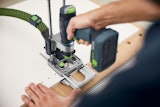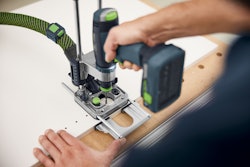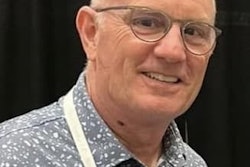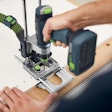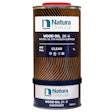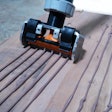A new lawsuit filed against Lumber Liquidators alleges that both the founder and CEO sold a combined $19 million worth of stock before the company's headquarters was raided in 2013 by the federal government.
The lawsuit, filed by James Costello, a Lumber Liquidators shareholder, in Delaware, claims that founder Tom Sullivan and CEO Robert Lynch engaged in insider trading by selling shares in 2013 while knowing the company faced potential charges under the Lacey Act for importing wood products sourced illegally from the Russian Far East and engaged in insider trading by selling shares prior to the raid.
While Lumber Liquidators has listed an ongoing Department of Justice investigation in its filings with the Securities and Exchange Commission, the most recent annual filing said the company expected to continue communicating with the DOJ about the federal investigators’ courses of action. That prompted a clarifying question during an investors conference call on Feb. 25, during which Lynch said he expected the DOJ to file criminal charges against Lumber Liquidators under the Lacey Act in the future.
Paired with the announcement that an upcoming “60 Minutes” report would portray the company in a negative light, the news instantly caused Lumber Liquidators stock to fall dramatically.
Including the new insider trading lawsuit, the company has had numerous lawsuits filed against it since the “60 Minutes” episode aired March 1. A portion of the lawsuits are based on the “60 Minutes” allegations the company knowingly sold Chinese-made laminate flooring that did not meet CARB Phase 2 standards for formaldehyde emissions.
At least two state attorneys’ offices are investigating the company. A Florida senator sent a letter to three federal agencies requesting they investigate the company’s laminate flooring.
Lumber Liquidators contests “60 Minutes” investigators’ report. The reporters used “deconstructive” testing, which the company and a number of industry organizations believe is an appropriate test, but should only be used as a “rough” screening method. CARB does not require deconstructive testing to test compliance to its standards.
Since news of the negative “60 Minutes” coverage was announced, the value of the company has decreased by more than a billion dollars.
Editor's note: The original article was updated March 19, 2015, with language to clarify the reason for the insider trading lawsuit.









